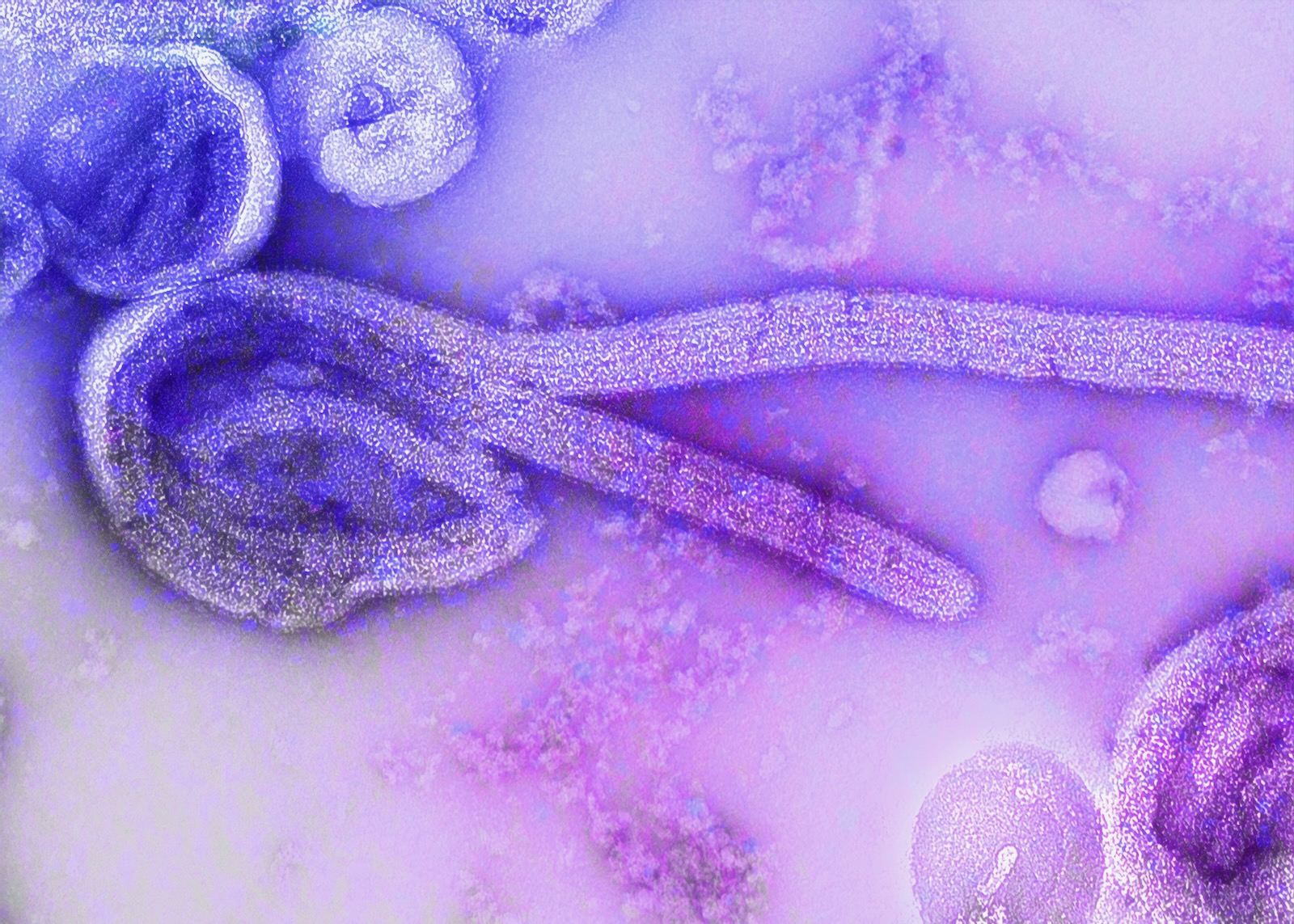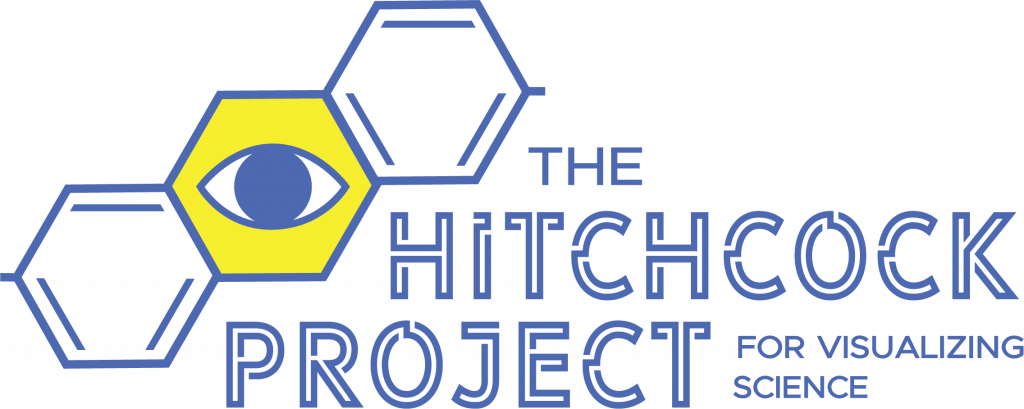Above: An electron microscopic image of the 1976 isolate of Ebola virus. Credit: CDC via Unsplash.
In 2014, during the Ebola outbreak in Nigeria, I witnessed firsthand the deadly consequences of misinformation in my own community. I was sitting in my room when I heard a wailing cry for help from my neighbor, whose father had just reportedly slumped from an unexplained stomach pain. We rushed him to the hospital, but he did not make it. Autopsy later showed that he did not die of any symptoms of the Ebola virus but rather due to an extreme intake of salt. The victim had heard on the radio that very morning that intake of a lot of salt and staying under the scorching sun for hours will eventually kill any cell of Ebola virus in the body. Health misinformation became the very virus that claimed his life and many others.
Unfortunately, the impact of health misinformation isn’t limited to Nigeria — it’s a global problem. In the world we live in today, health misinformation has been spreading like wildfire and has become a major threat to the maintenance of public health, with direct and indirect mortality effects. Social media has made it easier for people, learned or not learned on the issue of health, to share health-related information without any form of verification. The World Health Organization (WHO) termed the overabundance of false or misleading information an “infodemic,” which can be as deadly as the viruses it pertains to.
Health Misinformation on Social Media: One Example
One of the driving forces behind the proliferation of health misinformation is social media, where false information spreads rapidly. The speed and reach of social media platforms like Facebook, Twitter, and WhatsApp allow information—whether accurate or not—to spread globally in an instant. A recent review in the Journal of Medical Internet Research found that the prevalence of health misinformation was the highest on Twitter, but that misinformation was present on other platforms as well.

In the United States, false claims regarding the recent concerns over mpox — a disease caused by the monkeypox virus—have ignited new waves of health misinformation. For example, on TikTok, a viral post falsely alleged that the AstraZeneca COVID-19 vaccine contained monkeypox (mpox), pointing to the term “chimpanzee adenovirus,” circled in the accompanying vaccine information. Similar misleading claims were spread through other posts on Instagram. In reality, the AstraZeneca COVID-19 vaccine does not contain the monkeypox virus. The vaccine uses a modified version of a chimpanzee adenovirus to deliver the genetic instructions for the spike protein of the SARS-CoV-2 virus. This adenovirus, which causes the common cold in chimpanzees, has been altered so that it cannot replicate or cause illness in humans. It serves as a harmless vehicle to prompt the immune system to recognize and fight the COVID-19 virus, helping to build immunity in the human system.
The Repercussions of Health Misinformation
Health misinformation has repercussions throughout our society and world. According to a review by the World Health Organization, the spread of health misinformation during pandemics, humanitarian crises and other disasters has led to vaccine hesitancy and promotion of unproven treatments. This review also mentioned impacts to mental health, including feelings of mental, social, political and/or economic distress related to health information during pandemics and other crises.
In addition to personal tragedies brought about by misinformation like the one I witnessed in Nigeria, global public health efforts are being undermined by organized and deliberate actions aimed at undermining or destabilizing established systems. In research published in the journal Scientific Reports, findings show that many people were affected by conspiratorial misinformation during the COVID-19 pandemic, including misinformation regarding vaccines causing death, containing microchips, or even altering DNA. This information was shared and believed by many people and it led to people’s hesitancy in trusting the vaccines that are meant to keep people safe from the deadly virus. The U.S. seems to exhibit distinct factors contributing to vaccine hesitancy, particularly when compared to other developed nations. This is evident when considering Canada, its neighboring country, which achieved an 84% vaccination rate by March 2022 (the U.S., in contrast, had a 65.4% vaccination rate at that time). The disparity suggests that specific cultural, political, or social dynamics in the U.S. may be influencing public attitudes toward vaccination differently than in comparable countries.
Confronting the Crisis of Health Misinformation
Without an iota of doubt, confronting the issue of health misinformation during crises requires a serious and concerted effort from many institutions, including social media platforms, government health organizations, and the public. Researchers have identified several strategies that effectively address health misinformation. These include debunking false claims by offering clear corrections and explaining why misinformation is inaccurate, and “inoculating” the public by equipping them with critical-thinking skills, which will give the public competencies that will empower them to access, comprehend, and apply health information essential for promoting positive health behaviors. These skills not only enhance their own health but also help them influence the well-being of others within their social networks.
These strategies are now being implemented more frequently, including by organizations like the CDC, which is working to rebuild public trust following the COVID-19 pandemic. According to a news story from the American Psychology Association, while 54% of U.S. adults expressed a high level of trust in their doctors, only 37% felt the same about recommendations from the CDC. It is hardly debatable that the role of information agents – especially social media platforms – in propagating health misinformation amongst billions of people remains a critical challenge. Countering health misinformation demands more than mere fact-validation; it requires collaborative accountability spanning media outlets, governmental entities, and individuals to guarantee that accuracy is held onto and shared, as long as it has been proven to be authentic by medical practitioners. Sadly, despite efforts to combat it, these platforms continue to be significant in the promotion of false health narratives, as seen with the misleading claims about medically proven cures during past health crises.
Abdulmalik Adetola is a master’s student in the Media Innovation and Journalism program at UNR. He is a passionate advocate for health literacy and digital communication, dedicated to promoting accurate and accessible health information in the modern age. He wrote this opinion piece for his “Storytelling I: Writing” class taught by Professor Alan Deutschman during the fall semester of 2024.






